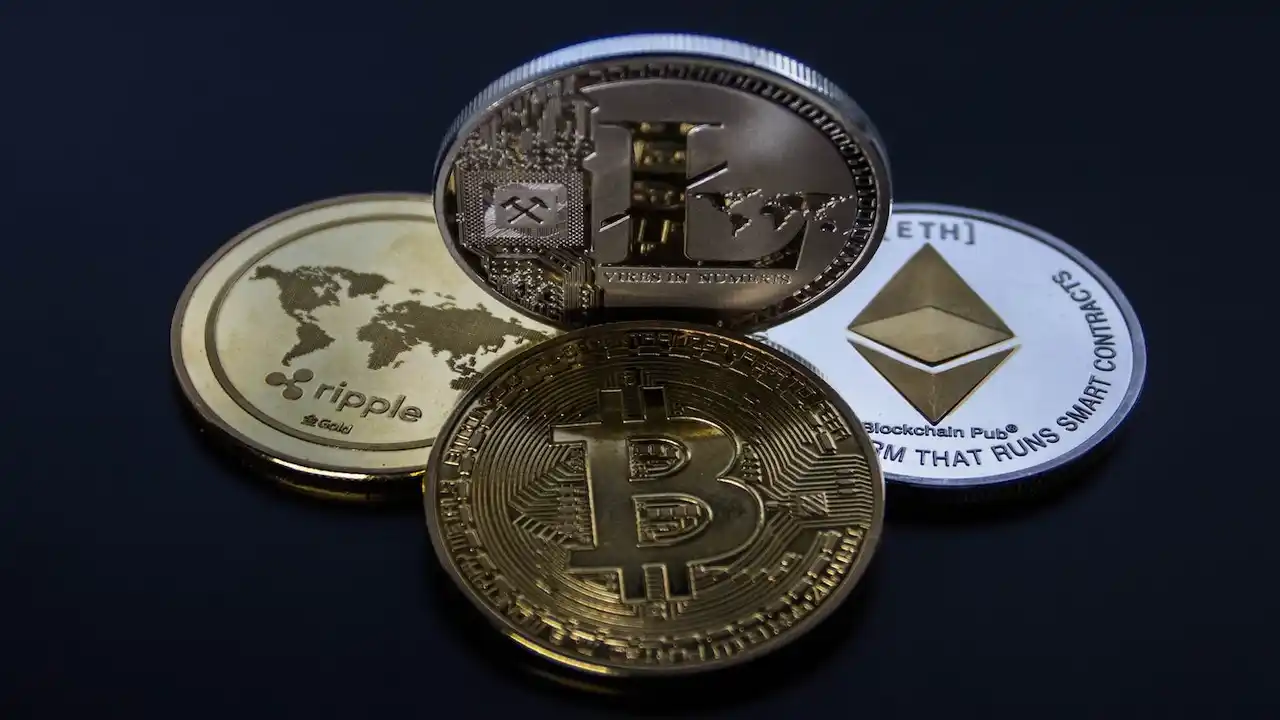Cryptocurrency trading is an exciting and potentially lucrative activity, but it can also be risky, especially for institutional traders. Unlike retail traders, institutional traders deal with much larger amounts of money, making the consequences of mistakes even more significant. In this article, we will discuss the top 10 crypto trading mistakes that institutional traders should avoid. If you are looking for safe and secure trading for Bitcoin, you can simply visit bitcoin-profitapp.com.
As the cryptocurrency market thrives and institutional investors rush to it, it is essential for these traders to be well-prepared and knowledgeable of the specific challenges and hazards involved with cryptocurrency trading. There is a possibility of enormous gains, but there is also a possibility of horrible loses. If institutional traders are to effectively navigate this incredibly volatile and quickly changing market, they must be aware of typical pitfalls and actively take efforts to avoid them.
Top 10 – Crypto Trading Mistakes to Avoid for Institutional Traders
Institutional traders should avoid some of the most common crypto trading mistakes, which we will look at in this essay, to boost their chances of success in this fascinating but difficult market. Institutional traders can minimize losses while positioning themselves for good results by
Neglecting Risk Management
One of the most significant mistakes institutional traders can make is neglecting risk management, especially when trading on platforms Crypto markets can be volatile, and unexpected price movements can cause significant losses. Institutional traders should have a risk management plan in place to mitigate the impact of market volatility.
Failing to do Due Diligence
Institutional traders must conduct thorough due diligence before making any trades. This includes researching the project, its team, and its market position. Failure to do so can result in investing in a project that does not meet expectations or even a scam.
Overtrading
Institutional traders often have large amounts of capital to invest, which can lead to overtrading. Overtrading can result in excessive trading fees, as well as an increased risk of making mistakes. Institutional traders should avoid overtrading and focus on quality trades.
FOMO (Fear of Missing Out) Trading
FOMO trading is when traders make trades based on emotional impulses rather than analysis. Institutional traders should avoid FOMO trading, as it can lead to making decisions based on hype rather than fundamentals.
Not Having a Plan
Institutional traders should always have a plan in place before making any trades. This includes entry and exit points, as well as stop-loss orders. Having a plan helps traders stay disciplined and avoid making impulsive decisions.
Not Diversifying
Diversification is an essential part of any investment strategy, and institutional traders should not neglect it. Investing in a variety of projects can help reduce risk and increase the chances of finding successful trades.
Ignoring Market Sentiment
Market sentiment can be a powerful force in crypto trading, and institutional traders should pay attention to it. Ignoring market sentiment can lead to investing in a project that is losing popularity or missing out on a project that is gaining traction.
Not Using Stop-loss Orders
Stop-loss orders are a crucial risk management tool, and institutional traders should use them. Stop-loss orders help traders limit losses by automatically selling a position if it reaches a predetermined price.
Following the Herd
Institutional traders should not blindly follow the herd. Just because everyone else is investing in a particular project does not mean it is a good investment. Institutional traders should conduct their own research and analysis before making any investment decisions.
Trading with Emotions
Finally, institutional traders should avoid trading with emotions. Emotions can skew judgment and cause us to act out of fear or greed rather than reason. Traders should remain disciplined and stick to their plan.
In conclusion, institutional traders must be aware of the potential pitfalls of crypto trading and take steps to avoid them. By avoiding these top 10 crypto trading mistakes, institutional traders can improve their chances of success and minimize the risk of significant losses.
Conclusion
Keeping up with news and developments in your field is crucial. Any changes in legislation, technological advancements, and market movements that can have an impact on the value and viability of cryptocurrencies should be monitored by institutional traders. When trading specialists are knowledgeable, they can adjust their tactics and make informed decisions based on market conditions. Also follow top crypto influencers for deeper understanding.
It is also important to comprehend the many risk and errors that could jeopardize the efficiency of institutional cryptocurrency traders. By doing thorough research, employing sound risk management techniques, avoiding emotional decision-making, exercising prudence with leverage, and keeping educated, traders may navigate the bitcoin market with more confidence and increase their chances of success.


